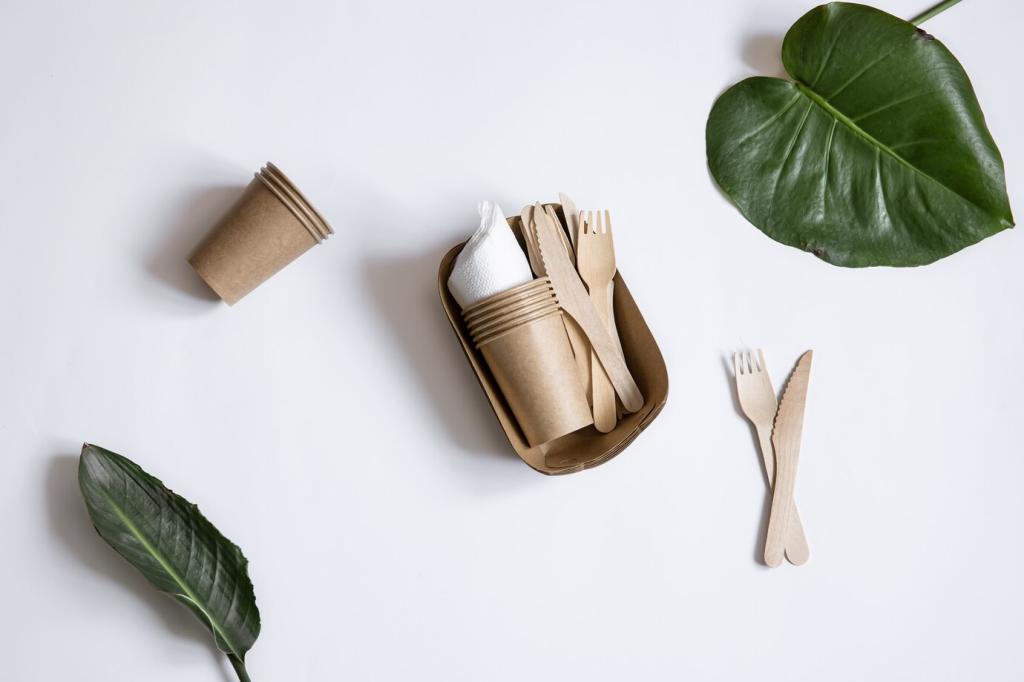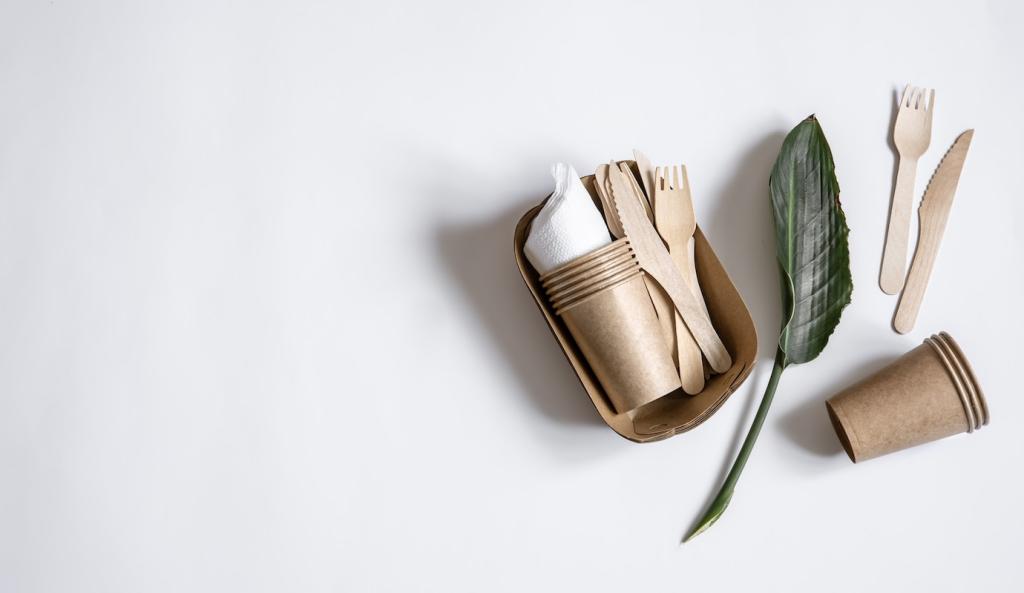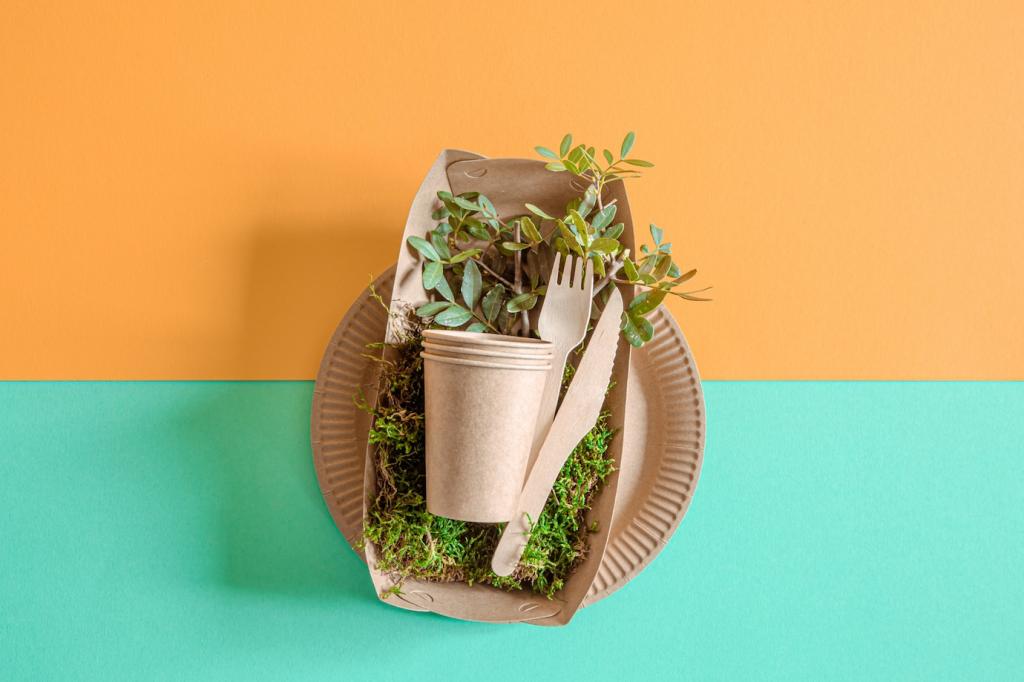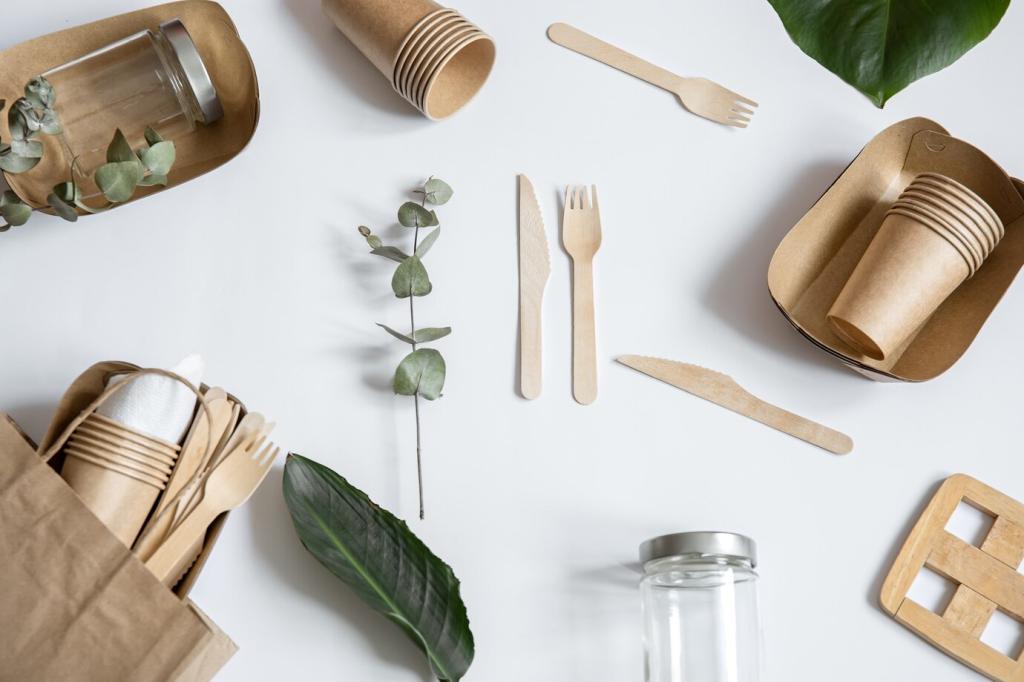Innovative Sustainable Packaging Ideas for Small Business Owners
Sustainable packaging is no longer a trend—it’s an essential feature for small business success. Customers care about environmental impact now more than ever, driving demand for packaging solutions that are both eco-friendly and innovative. Small business owners face unique challenges when balancing sustainability, creativity, and cost. This page explores cutting-edge sustainable packaging concepts tailored for smaller operations, driving both brand appeal and environmental responsibility. Discover how thoughtful package design can reduce waste, improve brand loyalty, and differentiate your business in a competitive marketplace.

Recycled and Upcycled Packaging Solutions
Using post-consumer recycled plastics for packaging allows small businesses to limit reliance on new plastic production. These materials are collected from used products, cleaned, and processed back into containers, mailers, or wraps. The technology has evolved to create high-quality packaging that feels as sturdy as new plastics but carries a fraction of the ecological burden. Not only does this reduce landfill waste, but it also conserves energy and water required for producing original plastic, demonstrating that sustainability and practicality can go hand in hand.
Plant-Based and Compostable Materials
Bioplastics, derived from sources like cornstarch or sugarcane, provide an alternative to conventional fossil-fuel-based plastics. These biodegradable or compostable plastics can be molded into various shapes and forms, making them suitable for anything from product containers to protective wraps. For small businesses, bioplastic packaging delivers the strength and clarity associated with regular plastics but with a drastically reduced environmental legacy. Investing in bioplastics allows brands to showcase their commitment to innovation and sustainable progress.


Compact and Efficient Parcel Design
Optimizing parcel size and structure not only reduces excess material use but also minimizes shipping costs and the carbon footprint associated with logistics. By designing packaging that fits the product closely, small businesses can eliminate unnecessary fillers and maximize transport efficiency. This approach enhances the unboxing experience and appeals to customers who appreciate brands that avoid waste. Clever use of folding, interlocking, and expandable structures further demonstrates ingenuity and commitment to streamlined, responsible packaging.

Refillable and Returnable Containers
Refillable or returnable packaging closes the loop between businesses and customers, encouraging repeated engagement and waste reduction. For example, glass bottles or metal tins can be returned or repurposed once the contents are used. Offering incentives for returns or discounted refills builds loyalty and supports a buy-in to your sustainability mission. Small businesses benefit from both cost savings on packaging and the ability to strengthen lasting customer relationships while contributing to a circular economy.

Multi-Purpose Packaging
Multi-purpose packaging is designed so that customers can continue to use it after purchase, either for storage, organization, or display. For instance, a branded box that folds into a desk organizer or a pouch that doubles as a tote bag adds functional value to the package itself. This extends the life of the materials and reduces the urge to immediately discard packaging. Small business owners can use this creative design approach to set their products apart and offer memorable, waste-reducing solutions that customers will love to keep.
